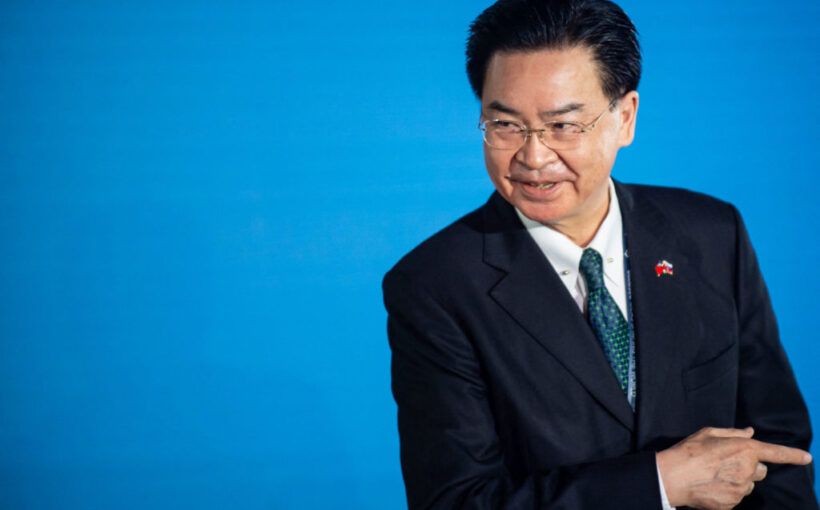Less than a fortnight after a failed assassination attempt on Prime Minister Robert Fico, Slovakia is back in the headlines for a more familiar reason — government pressure on media freedom and democratic norms.
MPs for the Slovak National Party (SNS), a junior partner in the country’s leftist-populist ruling coalition, on Monday submitted draft amendments to the country’s media law and its Law on Freedom of Access to Information.
The proposed changes to the media law would introduce a “right to a correction” that would require media, when challenged, to change allegedly untrue or incomplete statements “that impugn [the applicant’s] honor, dignity or good reputation.”
The changes to the Freedom of Access law would allow public officials to charge money for information requests they judge to be “exceptionally extensive,” according to the bill’s explanatory note, in order to cut down on frivolous demands that “significantly burden their administrative duties.”
Tomáš Kamenec, a lawyer who specializes in media-related litigation, said the bill contained imprecise language “that is a recipe for arbitrary interpretations, as access to information will be conditional on the payment of an undefined fee.”
“It’s a step in the wrong direction and just erects an administrative barrier to free access to information.”
The Fico-led coalition, which took power following a Sept. 30 general election, has reversed many of the policies of its liberal predecessor. Among other steps, it has halted military aid to Ukraine, met with Russian state officials, and softened penalties for corruption. Following the May 15 attack on the prime minister, coalition members have also blamed media and NGOs for creating what they claim is a culture of hostility, and vowed revenge.
SNS leader Andrej Danko declared at a press conference following Fico’s shooting that “for the SNS at this stage, a political war has begun. We’ll handle it with Robert Fico, but there will be changes. Changes to media.”
Danko added that “the era of insolence is over.”
The ruling coalition has been critical of Slovakia’s media since taking power, and is currently transforming the country’s public service RTVS broadcaster into a state institution under greater government control after Fico declared its coverage “insufficiently objective.”
Government officials also boycotted any form of communication with daily newspapers Sme and Dennik N, news site Aktuality, and TV Markíza, which is the most-watched station in Slovakia.
In the hostile climate, commercial TV stations Joj and TA3 earlier canceled their political talk shows, followed this past weekend by Markíza, which pulled the plug on its popular “Na Telo” (Hard Question) weekly debate format led by prominent journalist Michal Kovačič.
Kovačič used the last five minutes of his show on Sunday to explain to viewers what was going on behind the scenes. “Slovakia is currently experiencing a war over the Orbanization of our television stations,” he began, referencing Hungary’s illiberal prime minister, Viktor Orbán.
“The future of RTVS is being publicly debated, but in reality this fight is playing out everywhere, quietly and stealthily,” Kovačič said. “If we don’t stop it, it will have ruinous consequences for Slovak democracy.”
In response, TV Markíza management announced the “immediate cancellation” of Kovačič’s show, claiming he had “abused broadcast time to present his personal opinions.”


